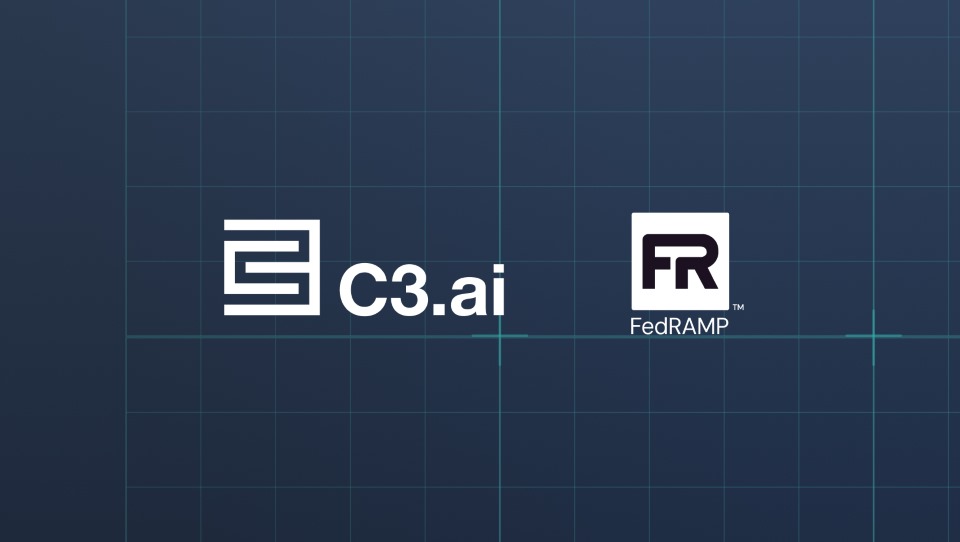A new research institute founded in part by Carnegie Mellon University is putting more than $5 million toward finding ways artificial intelligence can mitigate the COVID-19 pandemic. From predicting the path of the virus to predicting who is at risk for evictions, the C3.ai Digital Transformation Institute will fund research projects that examine the medical, social and economic impacts of the novel coronavirus.
Launched in March, the Digital Transformation Institute was founded by AI software company C3.ai, Microsoft Corp. and several universities across the country, including CMU.
Broadly, the institute aims to accelerate the ways that governments, businesses and society use artificial intelligence. Already used in a variety of industries for many different purposes, AI refers to the complicated processes that allow machines to think like humans, enabling them to do tasks like play chess or drive a car.
In this case, the Digital Transformation Institute is focused on how to use artificial intelligence to solve problems created by the novel coronavirus and prepare for future public health crises.
In its first round of funding announced Tuesday, the institute selected 26 projects to fund with a total of $5.4 million over the next year.
“The idea is to provide this data not only to research communities and science communities but to our policymakers so they can be making well-informed decisions,” Thomas Siebel, CEO of C3.ai, said at a virtual roundtable announcing the grant recipients. “Sparks are going to fly, change is going to happen and the world is going to be a better place,” he said.
Among the proposals are projects that focus on drug design, testing strategies, data analytics and improving societal resilience, Mr. Siebel said. At CMU, the two projects selected to receive funding are tackling the virus from different angles: one is researching how it affects the lungs, while the other is studying how it could perpetuate existing inequities.
Combating the virus
In an effort to create a treatment for the novel coronavirus, Ziv Bar-Joseph, a professor of computational biology and machine learning at CMU, is partnering with researchers from the Massachusetts Institute of Technology and Boston University to learn more about the “molecular aspects” of the virus.
Using machine learning methods that extend the findings from several past research projects, the team is working to determine how the virus affects the lungs. The goal is to determine a network of proteins that interact with the virus, and potentially enable its spread, and pinpoint which proteins could be targeted to stop the virus activity. At the same time, researchers will look for what networks human cells activate to counteract and combat the virus, Mr. Bar-Joseph said.
The team intends to use that knowledge to determine a combination of drug treatments that would target these proteins while avoiding any side effects. Following preliminary research that shows the approach can work, Mr. Bar-Joseph said the team hopes to identify proteins to target in the next few months. The treatment may not be available before a vaccine, but the technology could offer an important alternative way to mitigate the spread of the virus, he said. After all, he said, even some of those who get a flu shot are still susceptible to infection.
Economics and equity
Meanwhile, Rayid Ghani, a professor of in the machine learning department and Heinz College of Information Systems and Public Policy at CMU, is studying the social and economic implications of the virus. His goal is to help government agencies and policymakers eliminate bias in data-driven tools they use to make decisions about how to allocate resources.
After years of working on this type of research, Mr. Ghani said he has learned that these tools often favor efficiency over equity. That means the tools can leave out the people who are hardest to reach and hardest to help. Often those are communities already at a disadvantage following years of unequal practices and systems.
“At a minimum, you want to design for equity and audit for equity,” Mr. Ghani said. At CMU, for example, Mr. Ghani and his team are working with the research group behind COVIDcast, a data platform tracking the spread of the pandemic using information from sources like Google searches and Facebook surveys.
In this case, the data may not be equally representative of different types of people. Government agencies should consider that and correct for any incorrect forecasting when making decisions, Mr. Ghani said. “We know that a lot of the impact [of COVID-19] has been on minorities,” he said. “We want to make sure that when mitigation efforts are coming on board, that they are able to mitigate those risks.”
The team plans to release a tool kit that will help organizations audit their own data-driven systems for equity. In addition to funding research proposals, the Digital Transformation Institute will provide funding for visiting scholars, encourage creating a curriculum around teaching digital transformation and host a data analytics platform.
The institute will also connect researchers with industry partners, who will each contribute $100,000 annually to support operations. The Digital Transformation Institute will be funded over the first five years through a $57 million cash pledge from C3.ai and $310 million in resources.
Read the full article here.




